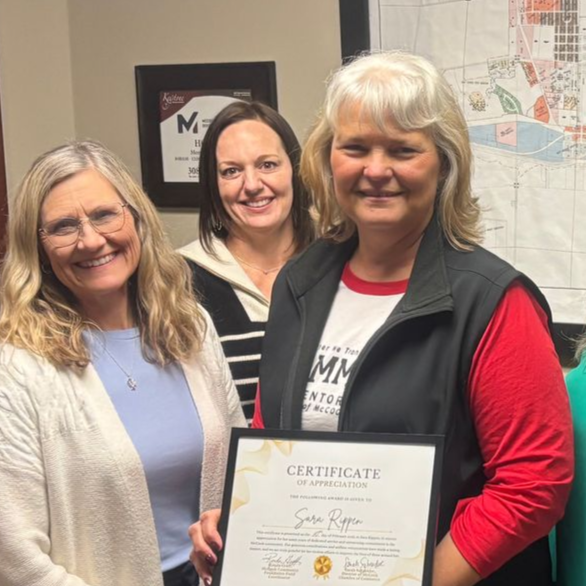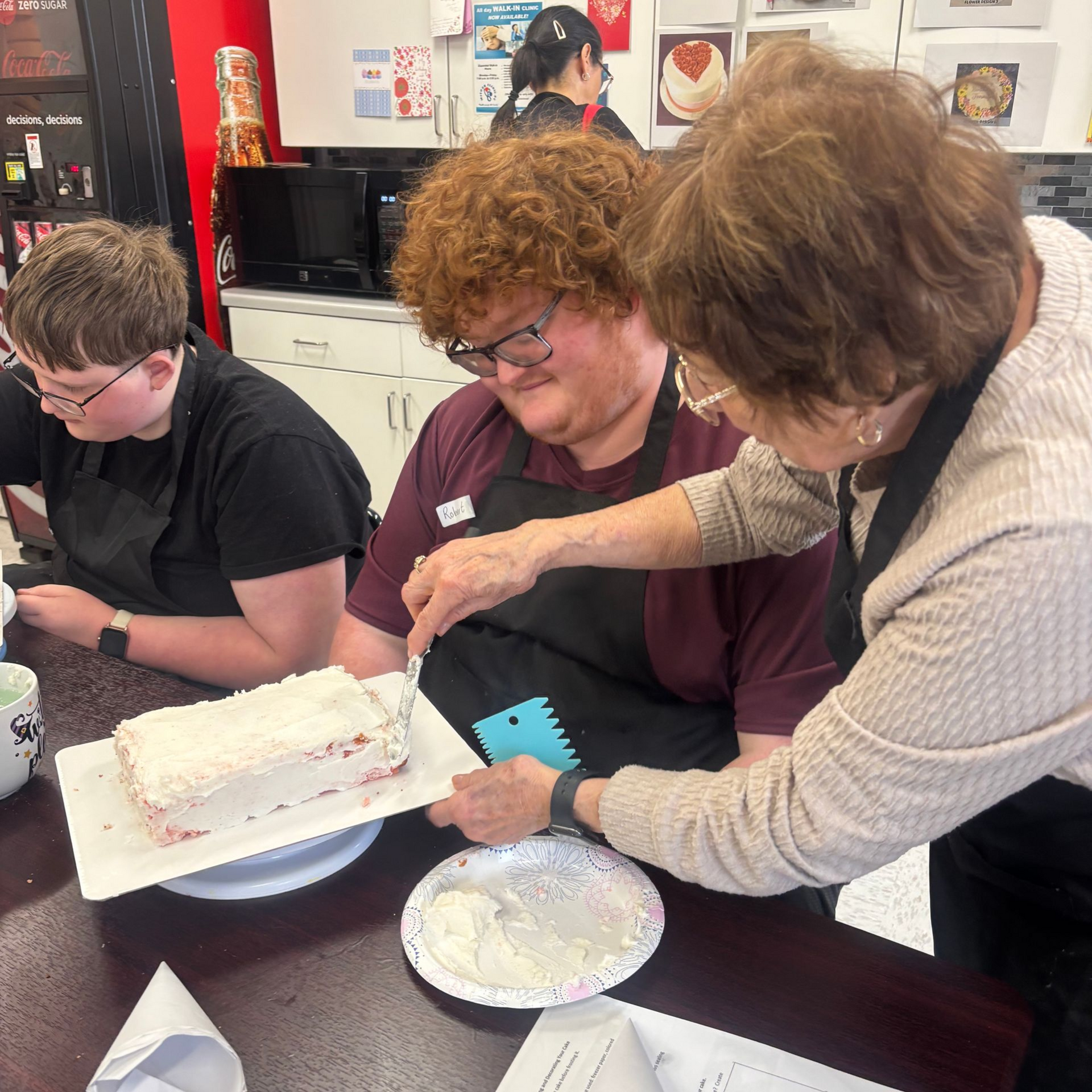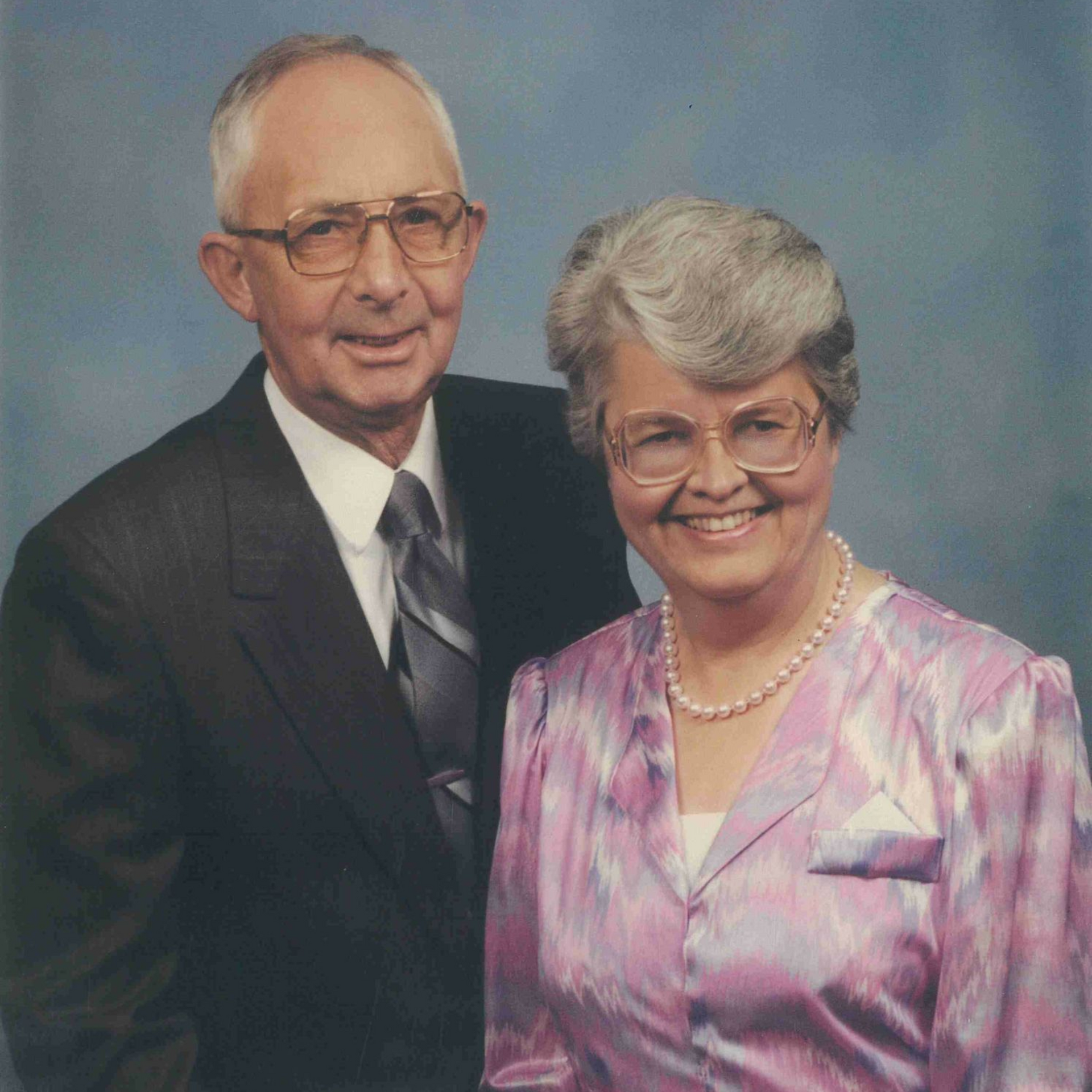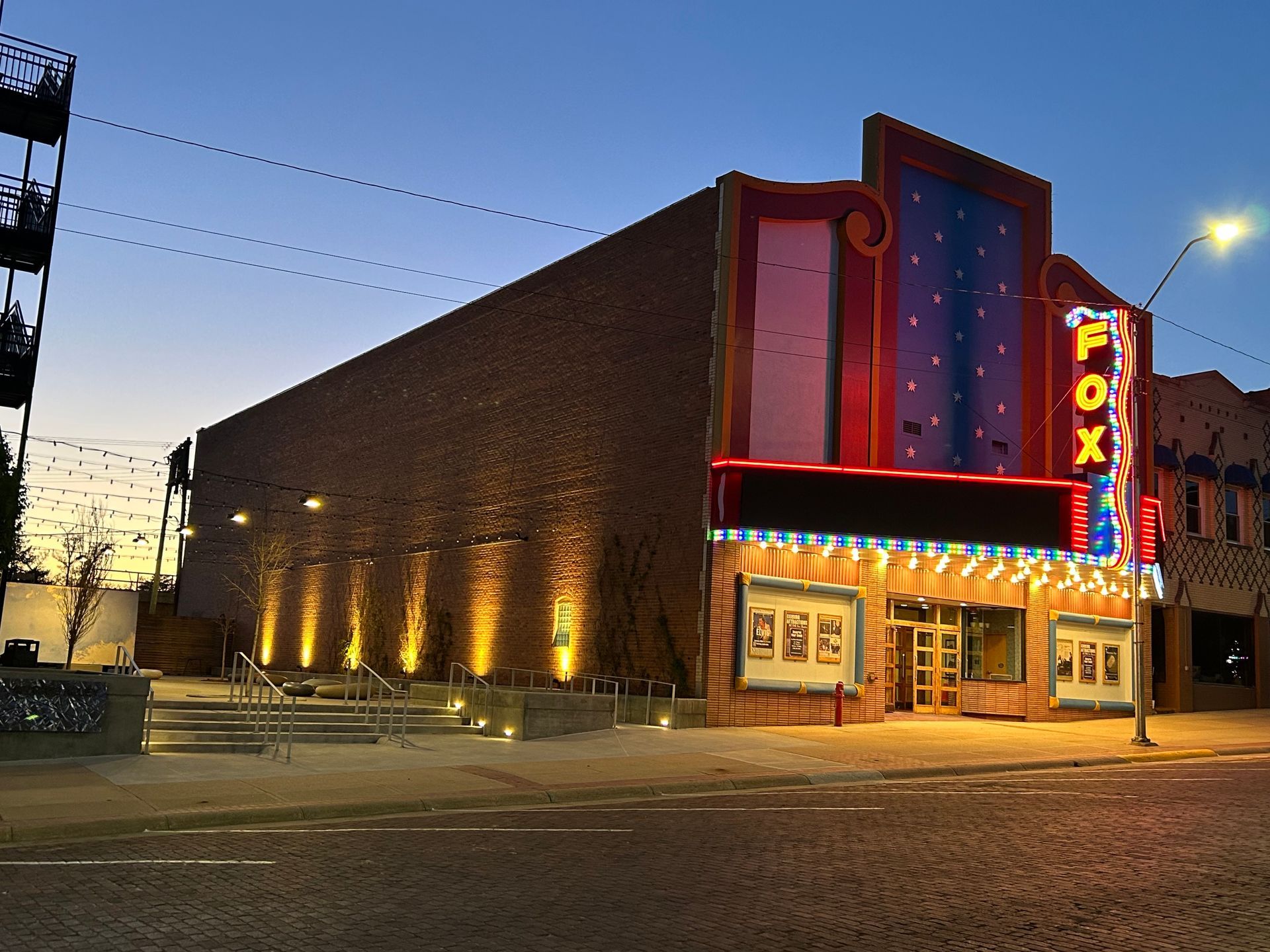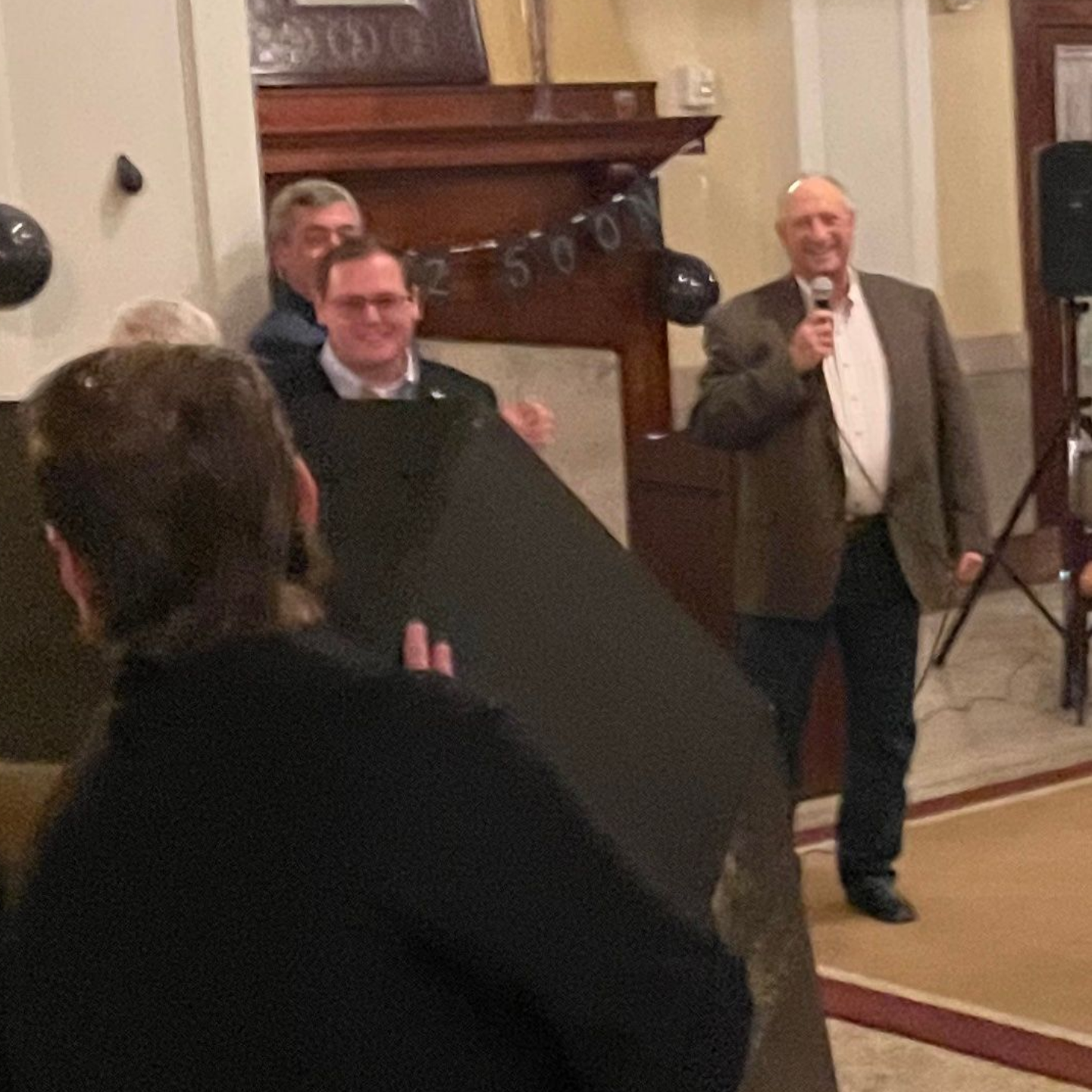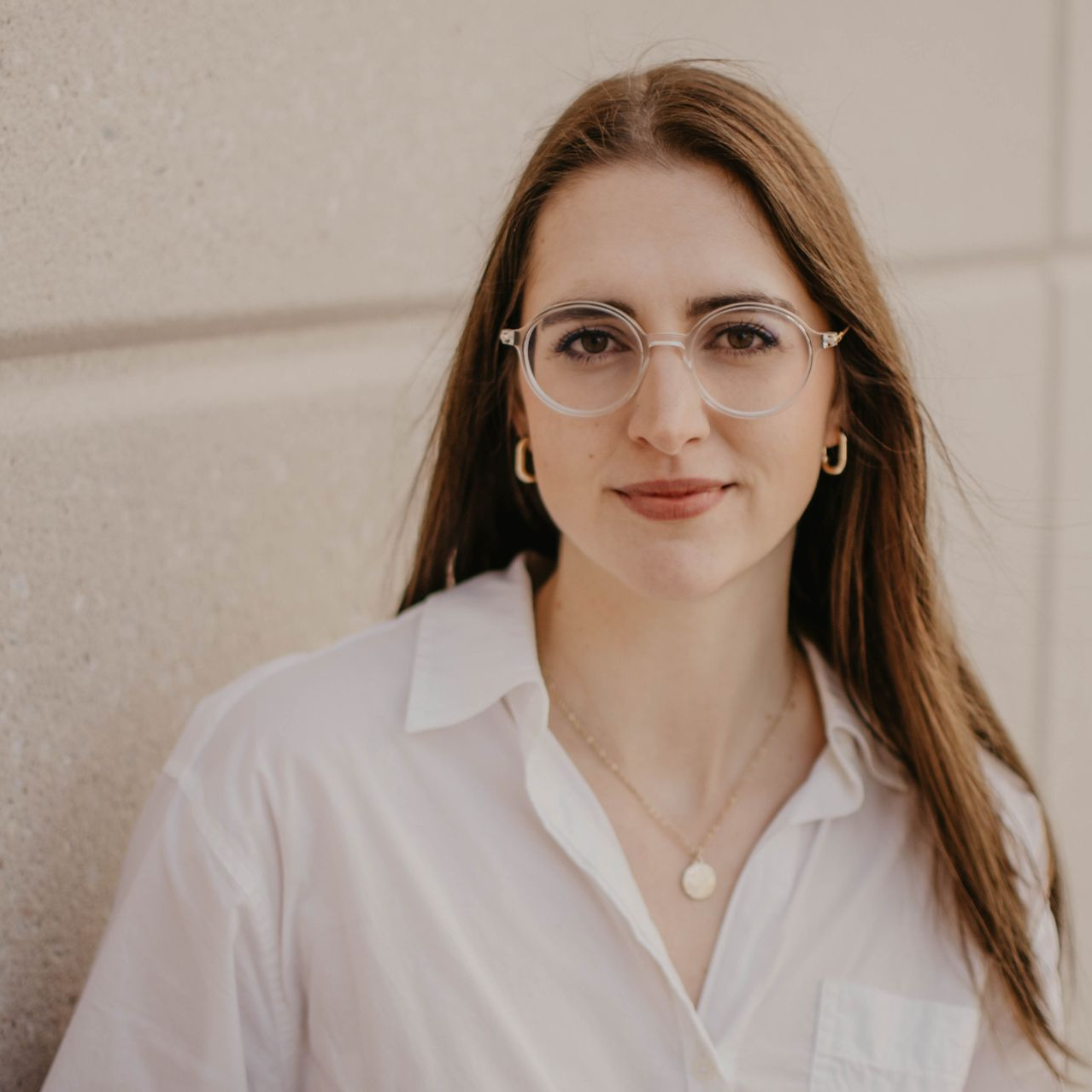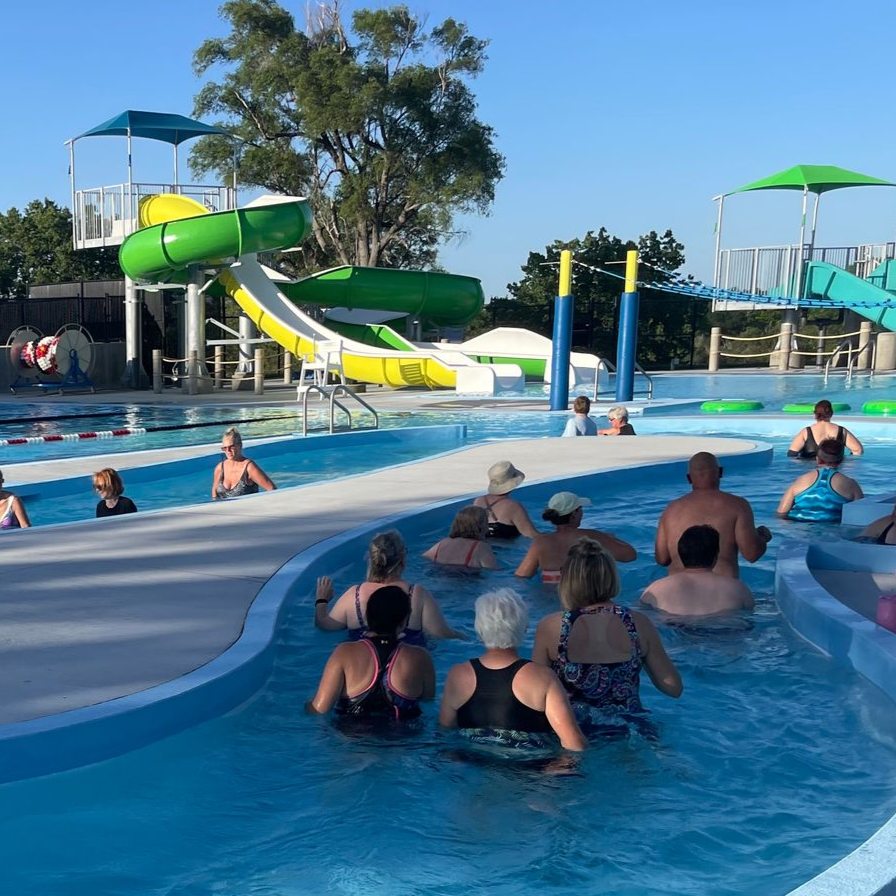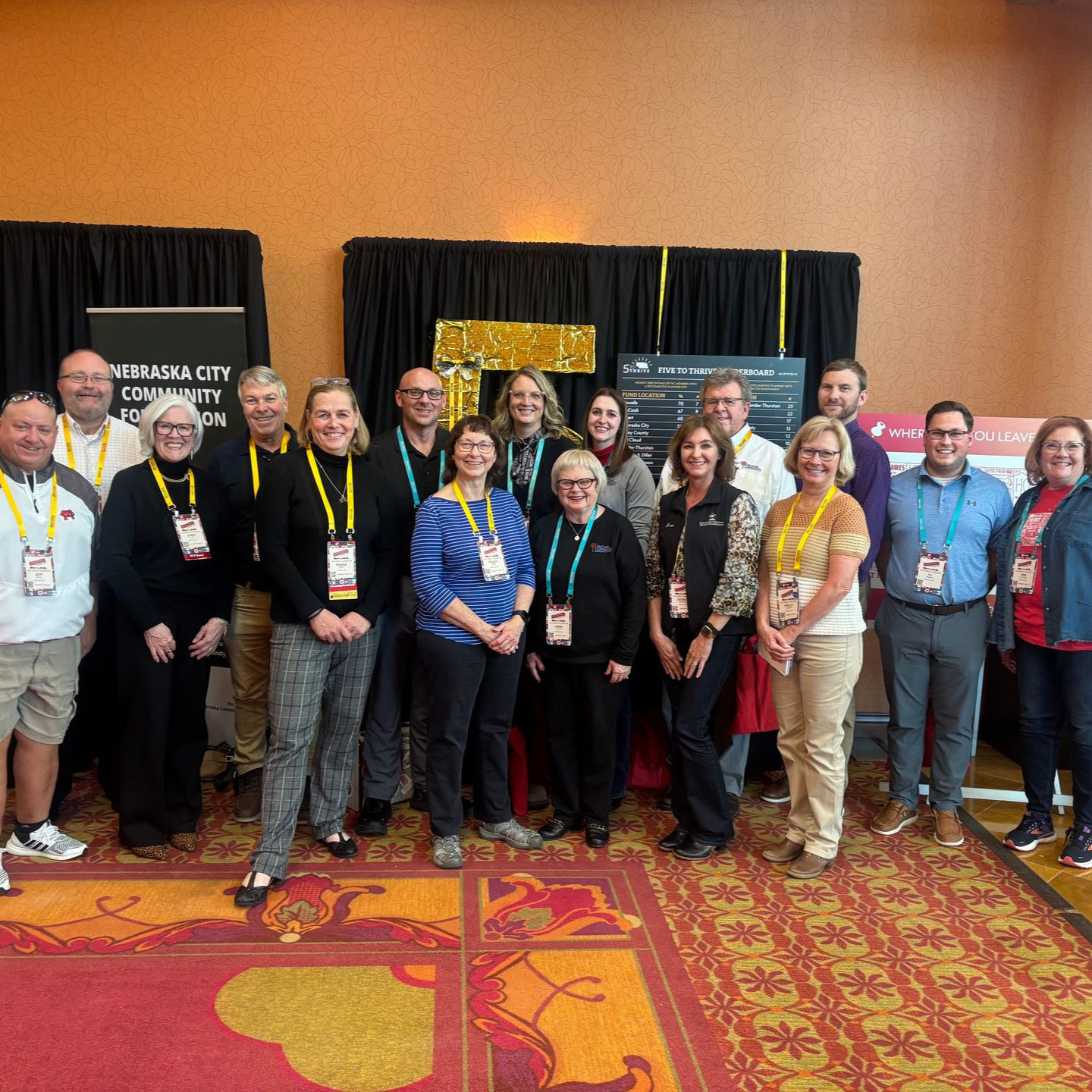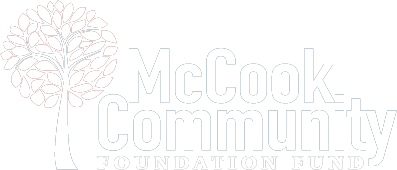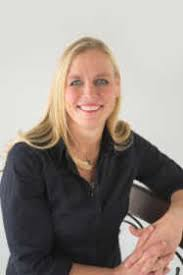
Alongside my driveway stands my favorite tree, a giant, gnarly cottonwood. As you approach our house, the lone cottonwood towers over all the other trees and serves a s guidepost to our location. We’ve planted many trees since we moved into our house nearly 20 years ago, but this tree continues to dominate the landscape.
I often look at the giant cottonwood and wonder if it was planted intentionally or it was a seedling from another tree. I wonder about all the families who have sat in its shade or cursed the cotton floating through the air each spring. I wonder who takes the time to enjoy the rustle of the cottonwood leaves, a sound I can name in less than three notes. (Yes, I’m dating myself but who didn’t love Name That Tune?)
And while the tree has several dead branches, I cannot bring myself to cut it down.
Instead, I have learned over the years not to park my vehicle near the tree if there is any forecast of severe weather. If I pass a car dealership on the way home and see that all the vehicles have been moved inside for the night, I know to avoid the cottonwood.
As the winds reached hurricane strength earlier this week, I wondered if the tree could withstand the onslaught. But the next morning, just a few leaves and twigs were scattered around our yard. Most likely, that tree is going to outlast me.
Not the same could be said about many of the trees around our community. As I biked into McCook, tree branches littered the shoulder of the highway. leaves filled the gutters and entire trees were uprooted. Many hours and days were going to be spent cleaning up the damage done to the trees in our community and appraising the property damage.
Yet, no one proposes getting rid of all our trees because they are a little bit of work or that they could cause damage to our property. Instead, the branches are removed, the leaves are swept up and most likely, new trees will be replanted in their place.
Trees play an important role in our society. They provide beauty and shelter and resources.
But they also fulfill another important role: they provide hope.
Simply put, they inspire people. Hence, the reason there are so many quotes about trees.
“The best time to plant a tree was 20 years ago. The second best time is now.”
“He who plants a tree, plants hope.”
“He who plants trees loves other besides himself.”
But perhaps my favorite is “The true meaning of life is to plant a tree under whose shade you do not expect to sit.”
Earlier this summer, I tried to explain to our intern, Lexi, what the McCook Community Foundation Fund does. I returned again and again to this quote because we should be thinking not only about what needs to be done today, but what we can do to make an impact down the road, to improve something that we may never know about, or to change someone’s life for the better whom we may not even know nor never meet.
Whether it is literally replacing the trees lost earlier this week because of the storms or whether you are “planting trees” through various projects around the community, we need to remember that we are doing this for our community, for our future, for our kids and ultimately, for their kids.
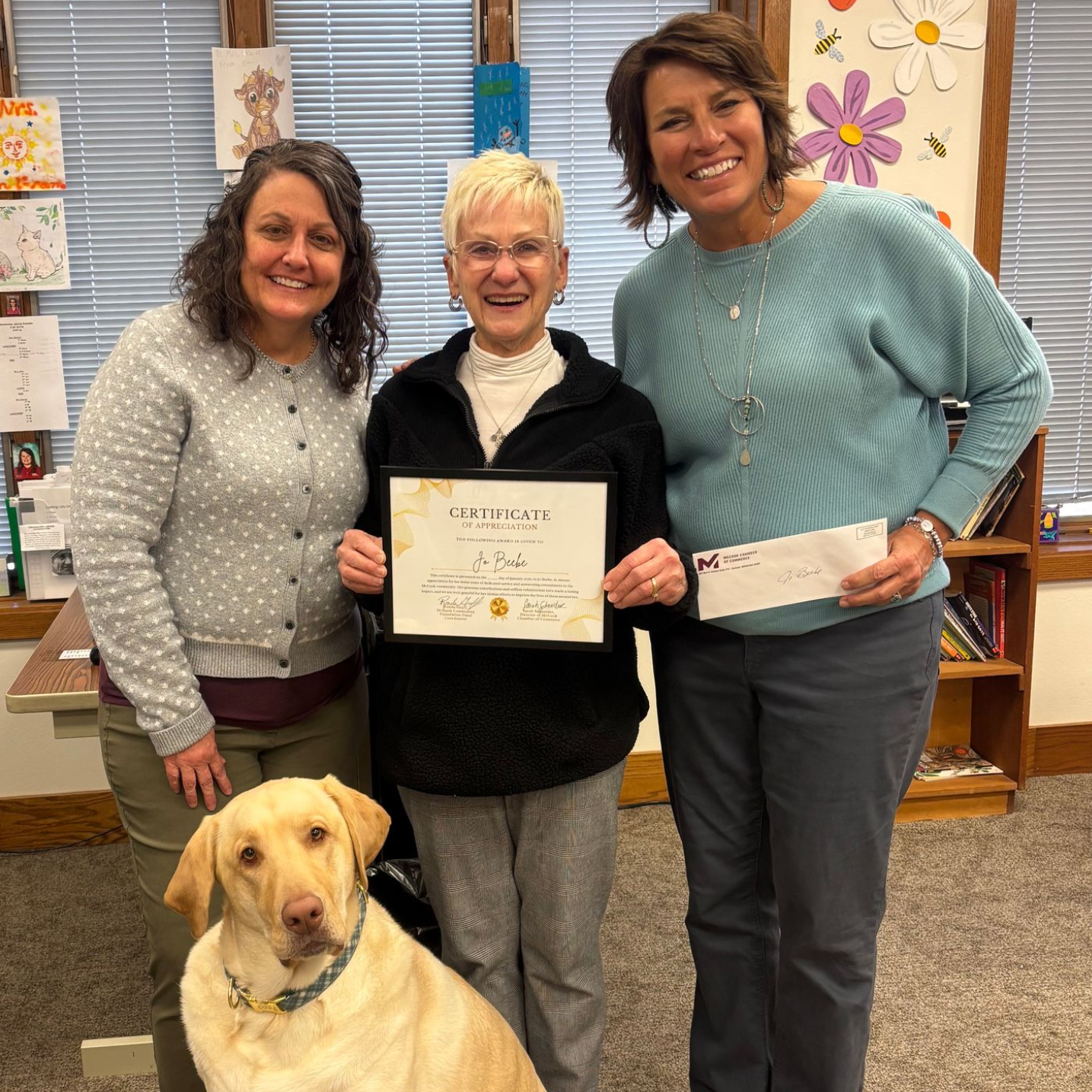
To kick off the new year, Jo Beebe has been selected as the January 2026 McCook Volunteer of the month. While many people might know Jo for her years at the Sports Shoppe, she can be found giving hours of her time to the community, especially at St. Patrick Church. Whether during the weekly Mass or for a funeral or wedding, Jo shares her beautiful voice from the choir loft, as well as leading the choir members. Jo, along with her husband Harold, also has served as the St. Pat’s GALA host couple in the past and continues to help with set-up and cleanup of the annual event. Jo is also active with the Fall Festival, the Rosary Rally and the Wild Game Feed in Curtis every year. She attends every the Order of Christian Initiation of Adults class and helps students prepare for confirmation. And since retiring from the Sports Shoppe, she is active in the Altar Society, and volunteers at the Bargain Bazaar thrift store. According to her nomination, “The way Jo gives of her time and talents to our parish and community is a reflection of her faith,” and the community and the church are better because of her generosity. The McCook Philanthropy Council selects the monthly recipient for the McCook Volunteer of the Month award as part of the McCook Community Foundation Fund’s McCook Volunteer program. If there is a volunteer in the community who should be recognized, please contact the McCook Chamber of Commerce at 308.340.3200 or visit McCook Volunteers on the MCFF website, mccookfoundation.org to complete a nomination form. The only requirement is that the nominee must be a resident of McCook or Red Willow County. Please have information about the nominee along with where and how they volunteer in the community.

